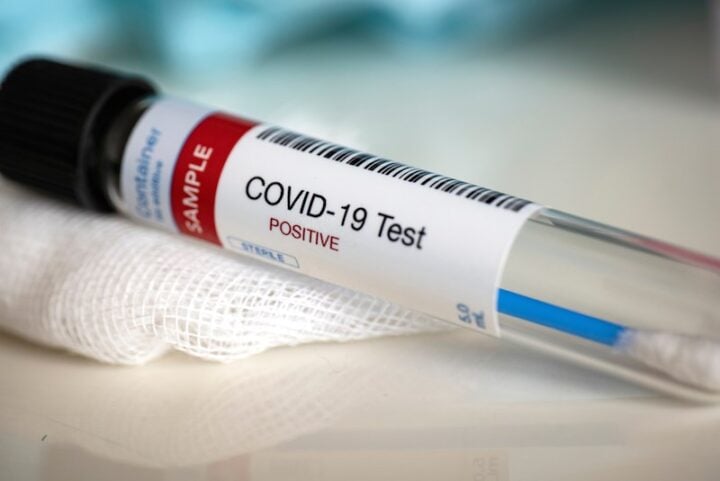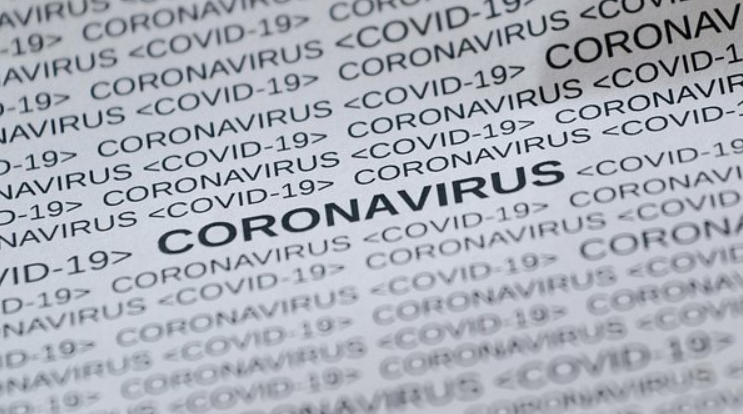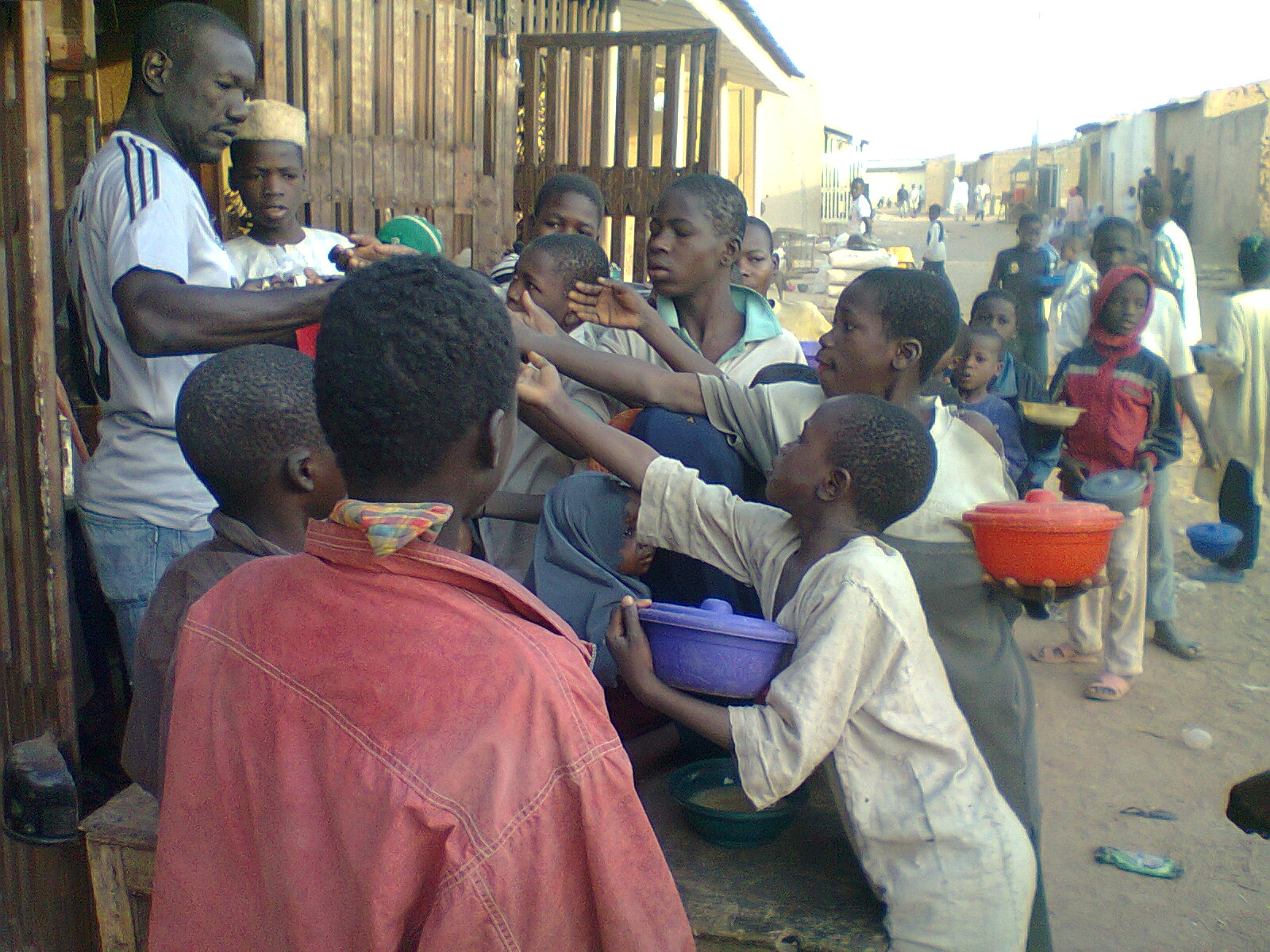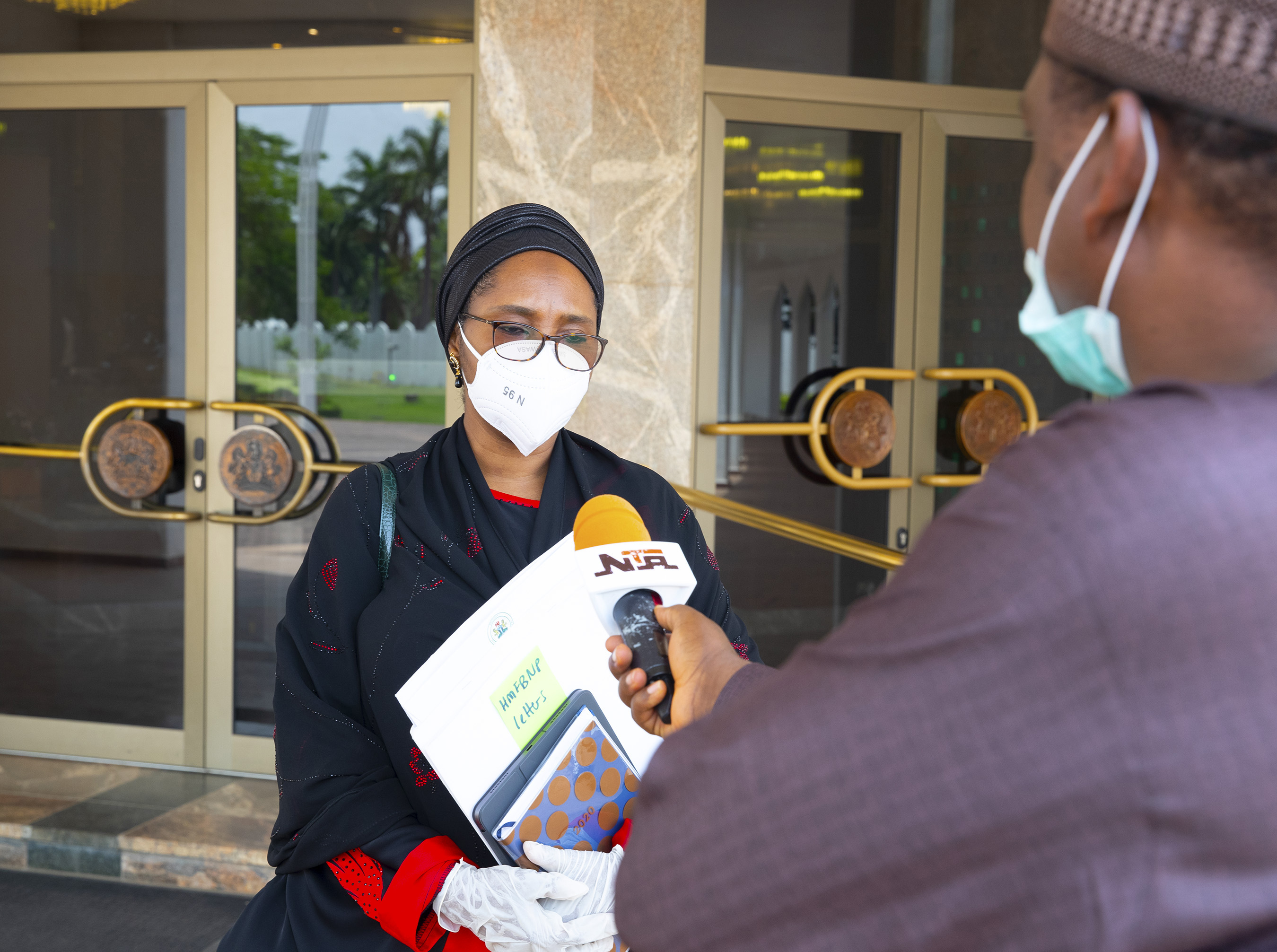The COVID-19 situation in Nigeria will continue to get worse and the virus will remain a serious problem for a fairly long time in the country. The reasons are numerous and the logic is obvious, as dictated by common sense, science of what is known about the pandemic, and the context of the country.
It appears that there is a high level of awareness amongst Nigerians on COVID-19. While such awareness is very useful, it is more important how many Nigerians know what to do to avoid the virus, and are capable of doing it day after day and time and again. Despite lessening of lockdown and some reopening of business life in most of the country, the rising novel Coronavirus presence means that people must take actions to avoid getting infected and infecting others. People must also be capable to manage suspected cases and infected people.
In very simple language, humans change behavior when awareness becomes knowledge, and translates into action. There must be the means and support to carry out the new or modified behaviourconsistently over the required period of time. It is not easy to change people and society, but it is achievable.The preventive and coping measures for COVID -19, including personal hygiene, wearing face masks and social distancing are new behaviours that must be internalized and done repeatedly.
How many people in Nigeria will be infected with COVID-19? How many people will die of the disease?
The answers to the questions on the future trajectory of the disease are done through modeling and calculations or by building scenarios. The resulting projections and conclusions, though, are only as good as the information and data that are fed into the models.
Advertisement
Here are a few data and facts on Nigeria. First case was on February 27, 2020. Two months later on May 3, 2020, there were 2,388 people infected and 85 people have died, and 351 people have recovered.
The progression of the disease in Nigeria can be glimpsed as follows:
Feb 27 – First case identified. 24 contacts to be traced.
March 9 – Second case. 216 contacts to be traced. 27 screened or tested. (11-day period)
March 31 – 139 cases recorded. 6,655 tested (33-day period)
April 15 – 407 cases recorded. 9,167 contacts to be traced.(48-day period)
April 30 – 1,932 cases recorded. 15,759 tested. (63-day period)
May 1 -2,170 cases recorded. 9,305 contacts to be traced. 16,588 tested. (64-day period)
May 3 – 2,388 cases recorded. (66-day period)
The Nigeria Centre for Disease Control, responsible for testing among other functions,will be the first to admit that the extent of testing coverage is too little to allow for any reliable projections to be made.Besides, there are several other factors at play, some of them are peculiar to Nigeria and others are on the novel virus about which much is still being learned.
Advertisement
Despite the limitations, it is clear that there has been a rapid increase in the number of infected people as testing increases, and within a very short period. The increase has happened mostly during lockdown period, and given that the disease thrives best in the course of human social and daily interaction, more infections will be seen as lockdown is reduced or is lifted.
The point made is not an argument to continue lockdown, rather it is about how to manage life with COVID-19 as a permanent, constant, invisible enemy. Are people ready for the new life?
There are no good records of deaths in the country. People die on roads, at their homes and in churches, mosques,and at places of traditional healing. There is no reason in tradition, beliefs and customs to report the deaths. The costs and processes of filing reports and getting certification of deaths can be cumbersome, and they do not encourage people. No autopsy is needed for burial of dead people. The fact is that we do not have now reliable numbers of deaths, nor shall we know how many people will die of COVID-19. Period.
If more organized countries with better record keeping could not accurately account for COVID-19 deaths as distinct from deaths caused by other diseases, it will be too much to expect Nigeria to do better
Advertisement
Many parts of Nigeria are already in the community transmission stage of the virus and it will become nationwide.The number of COVID-19 positive people will increase and the very likely different expanding interplay of cause-and-effect can be seen as a bulging concentric circle which is described below.
The more people test positive the more their contacts that have to be identified through contact tracing. The more contact tracing is done and the more it is effective, the more people will be available for testing and the more people will be found to be positive for COVID-19. The more people test positive, the more the numbers of people who will go into Isolation Centres. Self-quarantine requires special knowledge and competence by individuals and families.
At the same time, many people will be asymptomatic – they are infected by the virus and they do not show symptoms but they can, and do infect others. The ratio of asymptomatic people, according to studies across countries (no study of Nigerian situation is available), has been found to be as high as 40 to 50 per cent of all infections. Such people unknowingly constitute a silent growing source of infection. It is dangerous but real.
Contact tracing is very difficult in the Nigerian context given the difficulties of identification of people, poor access to several areas and reluctance to self-report. Cultural norms that encourage protection of family members and political interference are additional problems. For these and other reasons, many infected people will not be found.
Advertisement
In the same context,more people will show up at hospitals with “regular” illnesses and some of them will turn out to be COVID-19 cases. They will cause infections within hospitals and amongst health providers. The increased infections within hospitals and of care providers, coupled with the diversion of care, materials/equipment and attention to COVID-19 will put a strain on medical facilities in general. It will also weaken provision of medical and health care for many chronic and serious ailments. More patients with other diseases will die or have prolonged illnesses.
In the order of things, number of deaths will increase overall, which in turn will heighten the panic on COVID-19. Hospitals and clinics will become un-inviting for people who are slightly unwell as they will want to avoid perceived possible infection of COVID-19. Their health will further deteriorate and their immunity will become fragile.
Advertisement
Meanwhile the Isolation Centres, following major increased number of COVID-19 patients, will become overwhelmed; staff, equipment and materials will become inadequate.
In the natural cycle of COVID-19, as infections grow many infected people will in turn infect others.
The possible heavy infections of health care providers will affect overall health care provision for all kinds of diseases and bring down the quality of care that has been poor in general.
Advertisement
The concentric circle of infections, poor level of care, deaths and more infections will continue to expand, as it has been demonstrated in Italy, Spain and USA. It is bad news.
The good news is that many people that are infected by COVID-19 will survive, as experience across the world has shown. Another good news is that concerted efforts are being devoted to responding to COVID-19 by the federal and state governments of Nigeria. Some states have shown high level competence and significant capabilities in handling stages of the pandemic.
Advertisement
Perhaps the most important saving factor is that the rich and powerful are forced to rely almost exclusively on the available local facilities for health and medical care at this period. Invariably, some much needed improvement being accorded the health sector to cater for the privileged class will trickle down to benefit the generality of citizens.
Societal and individual behavior change and modifications must accompany any serious, determined attempt to limit the impact of COVID-19. Mere awareness of the disease does not result in sustained changes by society or individuals. Studies and practice of behavior and social changes over decades demonstrate that carefully construed approaches tailored to categories of people are needed.
The really good news is that the behavioral approach, alongside medical and clinical care, can limit the impact of the virus on Nigeria.
Bunmi Makinwa is the CEO of AUNIQUEI Communication for Leadership.
Views expressed by contributors are strictly personal and not of TheCable.







